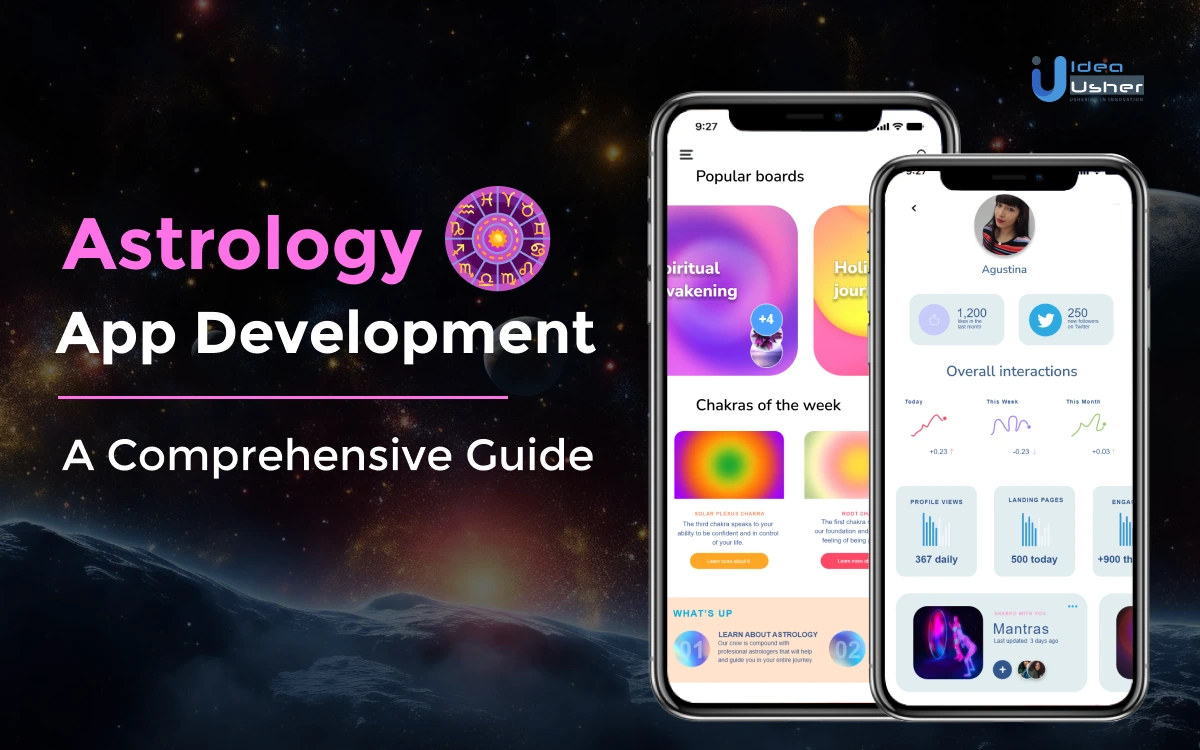When recovering from an injury, most people focus on the exercises and movements prescribed by a physical therapist. While focusing on exercise is important, physical therapy Evansville, Indiana, also stresses the importance of diet. The foods you eat can affect your recovery. Some foods are great for muscle recovery, while others are better for reducing inflammation. As unbelievable as it may sound, proper nutrition can help control pain, reduce muscle loss, maintain energy, and prevent weight gain.
Assistance With Controlling Pain
People don’t always make the best dietary choices when recovering from an injury. Injuries can lead to depression and anxiety, and both can lead to overeating and poor food choices. When laid up in bed, people may favor high-sugar foods or overly-processed foods. The problem with these choices is they can lead to increased inflammation and oxidation, which can worsen pain and slow healing.
To alleviate chronic pain or reduce pain symptoms, people should reduce their intake of pro-inflammatory foods. To reduce pain, increase the intake of anti-inflammatory foods and include unsaturated fats, fruits, and vegetables. Foods with anti-inflammatory properties can help reduce swelling and fluid buildup, two of the most common causes of pain during recovery.
Also, according to physical therapy, Bowling Green, KY, eating a balanced and healthy diet during recovery ensures you receive all essential nutrients. Vitamins and minerals are crucial to proper healing and muscle building.
Getting the Energy You Need To Recover
Physical therapy is not easy work. You will likely need to push your body harder than ever before, and you will have to do so when your energy and motivation levels seem depleted. A proper diet can ensure you have the energy to commit to your PT routine.
The nutritional aspects of a diet are what give your body energy. If you are making healthy meal choices, you should have no problem committing physically to even the most rigorous PT routines.
A proper diet can also help you avoid mood swings that are sometimes common after experiencing serious injuries. Diets that comprise primarily whole, unprocessed foods can reduce anxiety and depression symptoms. Nutritious diets can also help you maintain focus on your PT routine.
Finding an Appropriate Diet
If you want to make the most of your diet, you should consult your physical therapist. The therapist should be able to give you different recipes and a list of food items to include or avoid in your diet during recovery. Most diets offer enough variety to allow you to avoid things you don’t like or have issues with. Working with a PT specialist and nutritionist is especially important if you have food sensitivities or allergies.
Physical therapy works wonders for recovery after a serious injury. Still, if you want to achieve the best results, combine therapy with diet. Diet is beneficial in many ways, but you’ll want to talk to a professional before significantly changing your eating habits. If you are interested in PT, contact a local center, and if you are looking for physical therapy jobs near me call a few local practices.








